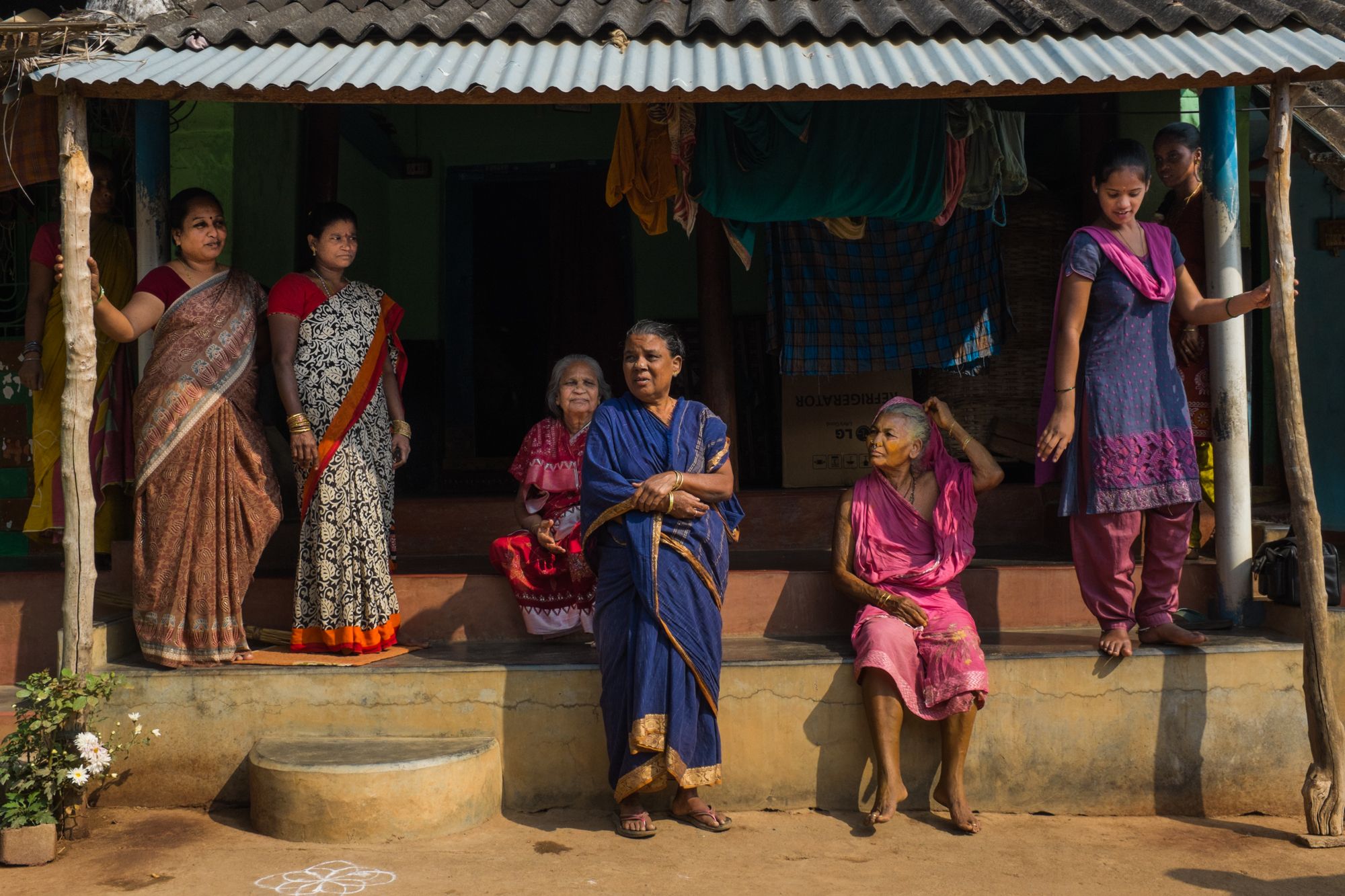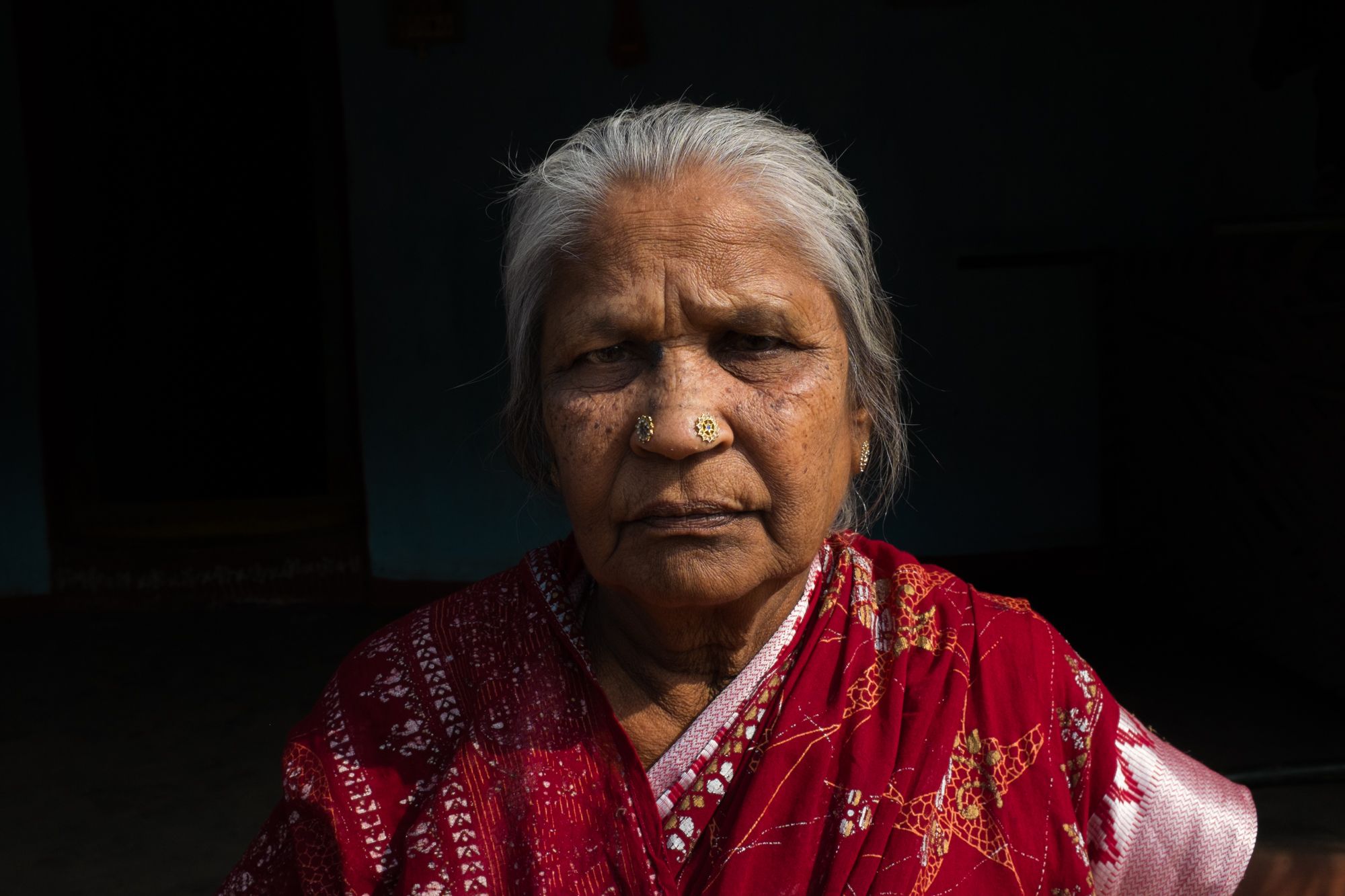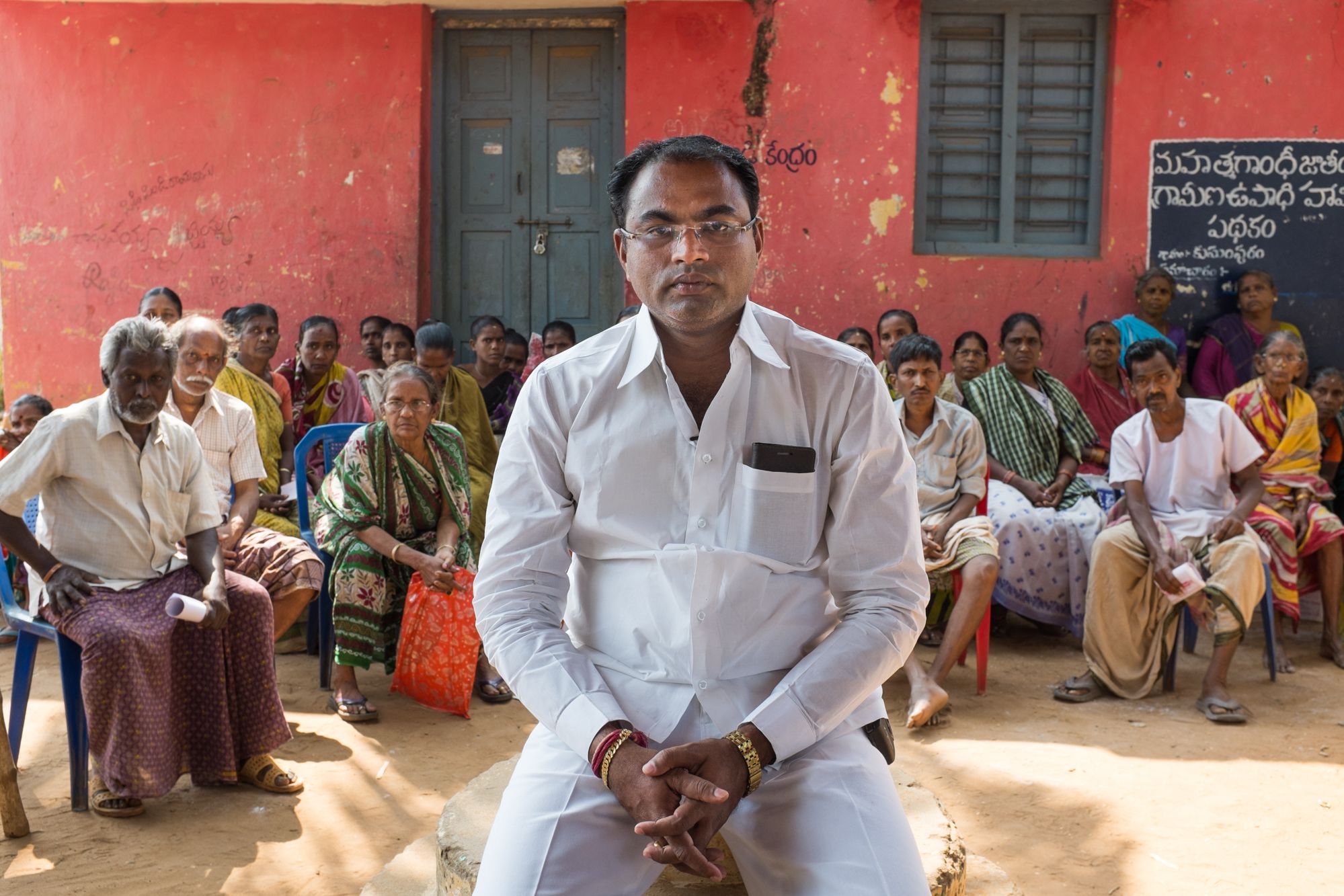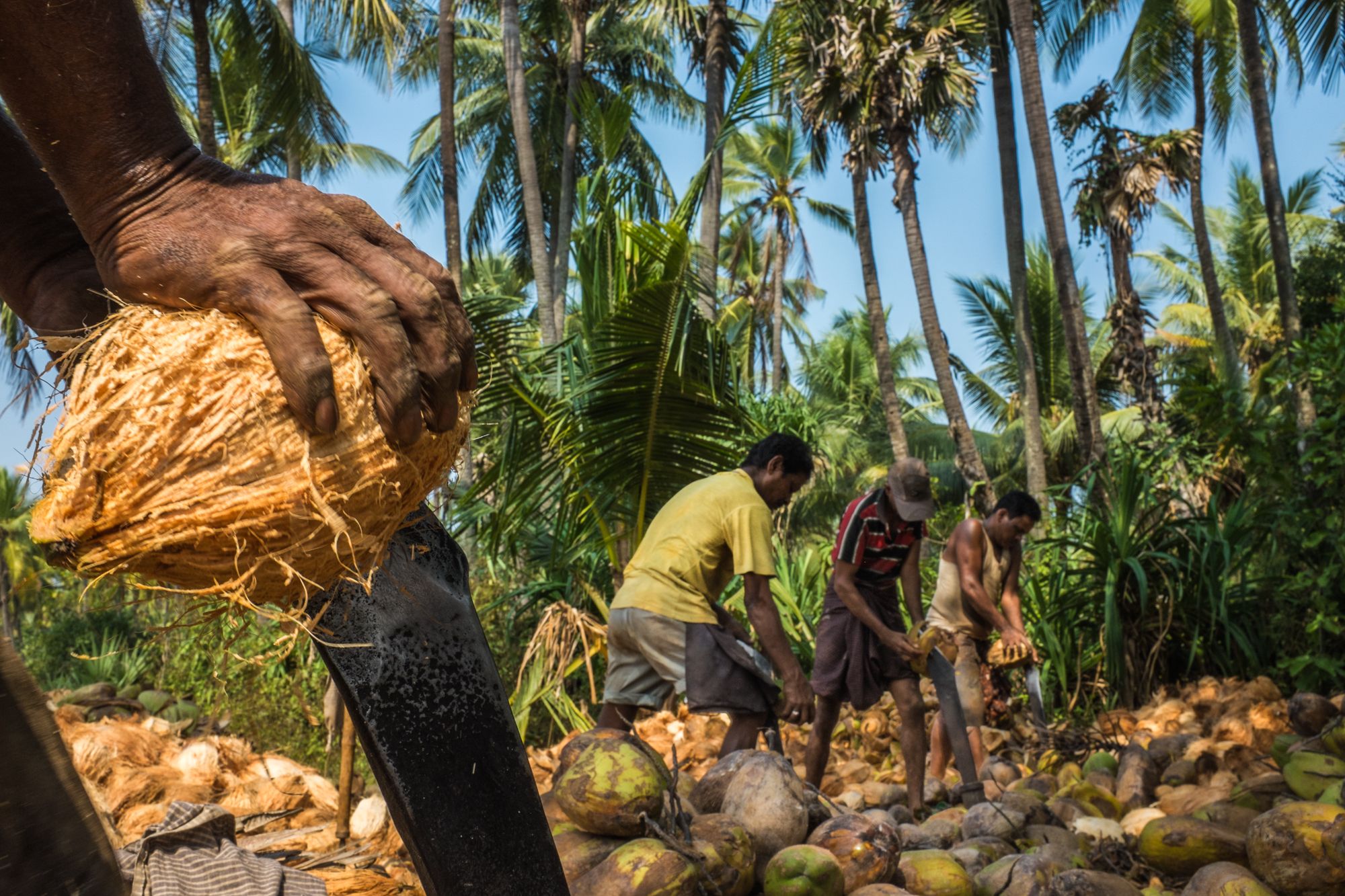Balliputuga, India – The Other Island of Widows
Dunna Laksmi, 40 a rice farmer and widow of CKDnT in Balliputuga, AP, India. Taken on production for documentary film on the Chronic Kidney Disease of non Tradtional cause (CKDnT) epidemic affecting largely rural, poor agriculatura and minng communtiies in Andrah Pradesh and Tamil Nadu States, India.
“We’re all worried about this rising disease. Just on my street, there are five patients. On the next one over there are two more. My husband, he was 45 when he died.” In Chichigalpa, Nicaragua, where La Isla Network began addressing CKDnT ten years ago, stories like this were common. So many men had died of CKDnT in the community of La Isla, that the local people coined it “the island of widows.” These words, however, were whispered by a woman named Lakshmi, as she sat on the ground of her dimly lit earthen home, some 10,000 miles away from Chichigalpa, in a village in coastal Andhra Pradesh, India called Balliputtuga: the other island of widows. In a village of less than 3,000 people, there are at least 126 widows due to CKDnT. Many of their husbands were young agricultural workers who worked in the surrounding rice fields.
La Isla Network was tipped off to the situation in Andhra Pradesh in 2015 when Jason Glaser was invited to attend a conference in New Delhi. In early 2016, in coordination with local and LIN researchers, filmmakers Ed Kashi and Tom Laffay spent nearly a month investigating and documenting the toll of the disease in villages, satellite dialysis wards, regional capitals and hospitals throughout Tamil Nadu and Andhra Pradesh, eventually leading them to Balliputtuga. There were rice farmers, coconut grove workers and reportedly fishermen sick with CKDnT; no one knew why. The logistical and economic difficulties in providing care to poor, rural patients was nearly identical to the challenges facing Central American CKDnT patients. Not deterred by a wide geographic spread of affected population and limited resources to provide care, many local doctors were beginning to investigate the disease and provide care as they could. All the factors involved pointed to the need to form a strategic network.
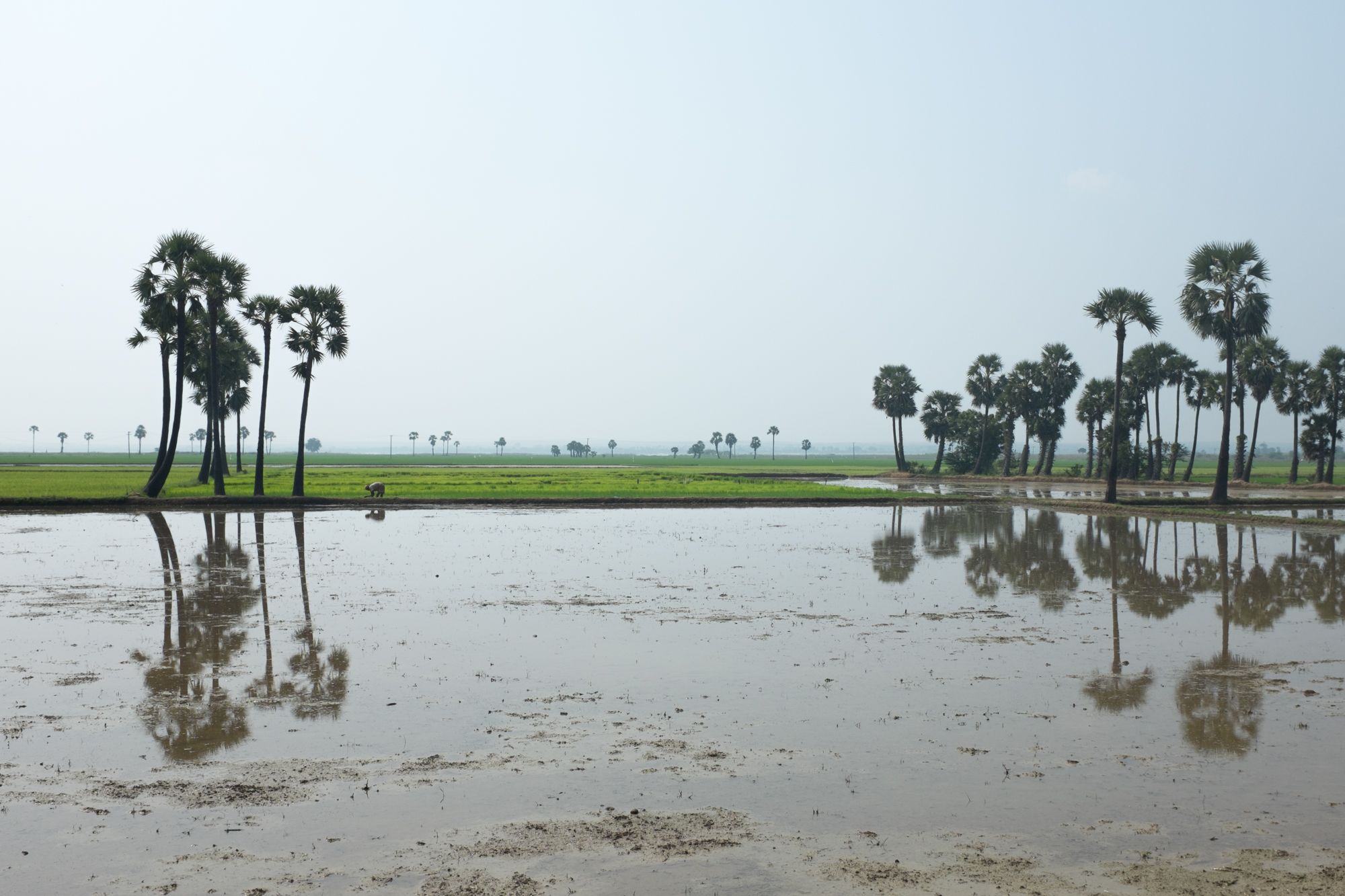
Media attention on the affected region by Rhitu Chatterjee for Science Magazine and the publication of the film Hidden Under the Indian Sun has helped bring focus on the area. Since then, LIN has built upon its network in India. We have been invited to confer on how CKDnT is addressed at an upcoming workshop in India at the first World Congress on noncommunicable diseases. This honor was possible via an ongoing collaboration with Dr. Rajiv Saran and the University of Michigan. Our colleague Vidhya Venugopal will be attending another important workshop hosted by Public Health Foundation of India addressing CKDnT in India later the same month. It is our hope that LIN can be of assistance as strategy is charted out in India.
The sheer size of the rural population in India at risk of CKDnT is cause for alarm. With a national population of roughly 1.3 billion people, there is potential that millions of rural workers are affected by CKDnT. That, in turn, takes a collateral toll on families and weighs heavily on the Indian healthcare system. As LIN continues to address the CKDnT globally a pattern is emerging. Isolated pockets of agricultural or labor communities that lack access to decent healthcare and government representation are bearing the brunt of this disease. Sugarcane workers in Nicaragua, rice workers in India and construction workers in Qatar are all crippled by CKDnT.
One day ends and another begins on opposite sides of the world. Women in Chichigalpa, Nicaragua wash their faces and hands of the molasses and soot of the sugarcane their husbands used to cut. Women of Balliputtuga, Andhra Pradesh march off together under the rising sun, planting and harvesting rice, wading knee deep in the paddies their husbands left behind.
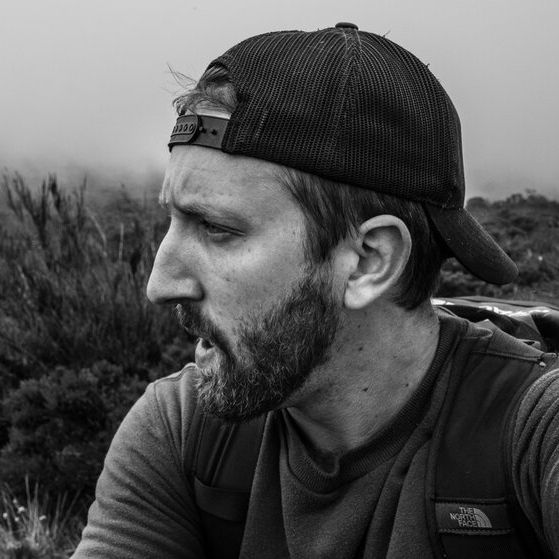
Tom Laffay
Tom Laffay is an American photojournalist and filmmaker dedicated to issues of human rights, public health and conflict.
